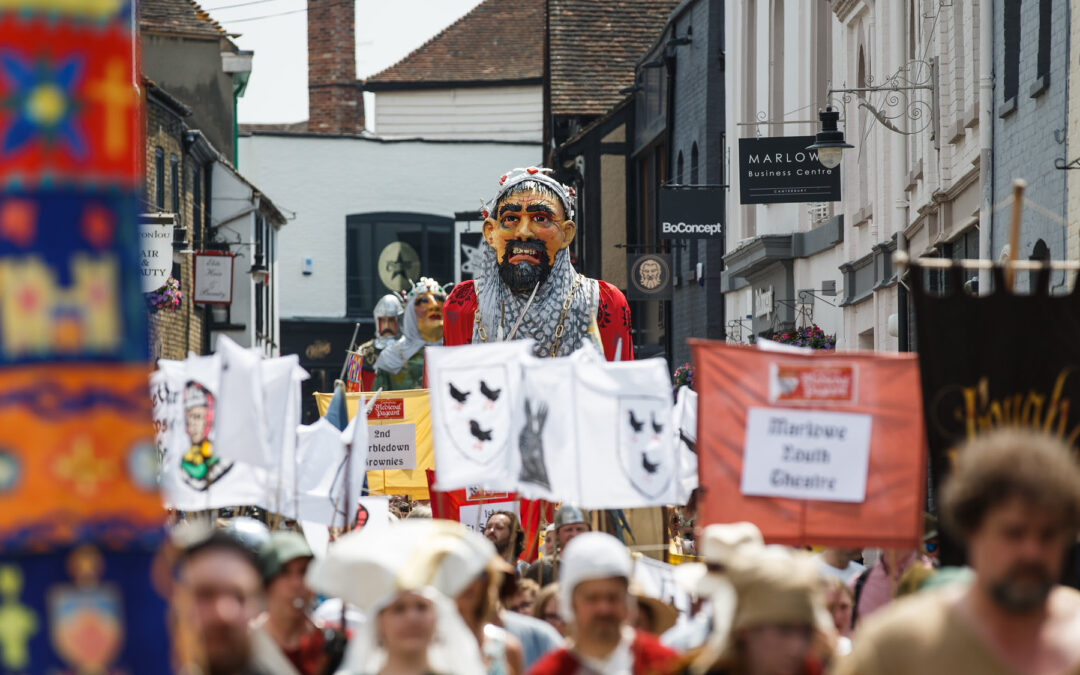From Dover to Glasgow, from film screenings and walking tours to art workshops and steel bands, IHR #OurCentury events will celebrate history in its many forms, right across the UK.
Following a huge response to our Open Call, we are delighted to announce events organised by partners across the country, bringing together universities, museums, archives, artists, musicians and volunteers to engage local and national communities with the discipline and practice of history. Events will run right across the IHR Centenary year, from July 2021 to May 2022.
Diverse and Migrant Histories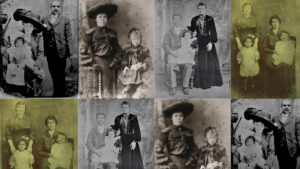
Events include the ‘Global Leicester History Festival: Writing the Histories of Multiculturalism in the Local Context’, led by De Montfort University with the Leicester branch of the Historical Association, celebrating diverse histories in the city with a panel event, stalls and posters and collaboration with local history and community groups. ‘Uncovering Hidden Histories at Chester’, a programme led by the Department of History and Archaeology at the University of Chester, with Cheshire Archives and the Cheshire Halton & Warrington Race & Equality Centre, includes sessions exploring migrant and minority histories, walking tours in the city (some created by students), and a series of online talks.
Local and Community Histories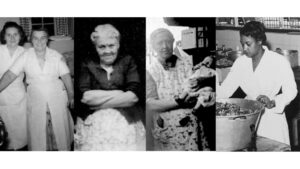
Many events and activities highlight the imaginative and innovative work going on in local and community history, from the ‘Midlands Identities’ at Lincoln College to ‘Kent: Britain’s Gateway to the World’, led by the University of Kent with Canterbury Cathedral Archives and Library, the Royal Engineers Museum, the local Historical Association and the Medway African and Caribbean Association.
Teaching Inclusive Histories
‘Teaching Inclusive Histories’, from Royal Museums Greenwich, the Old Royal Naval College, Historic England Heritage Schools Programme and Royal 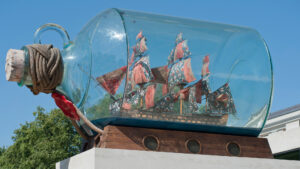 Borough of Greenwich School Improvement team, will put together a series of talks, discussions, taster schools workshops and object and archive sessions centred on how teachers and museum learning specialists can work together to teach inclusive histories that are meaningful and relevant to young people in the 21st century. The Programming Historian, together with Humanidades Digitales, Universidad de los Andes, Colombia, the Centre for Data, Culture & Society, University of Edinburgh, and UCL Centre for Digital Humanities, will develop a series of bilingual training sessions aimed at early career scholars, and practicing educators in libraries & universities who want to upgrade their teaching toolkit for the digital age.
Borough of Greenwich School Improvement team, will put together a series of talks, discussions, taster schools workshops and object and archive sessions centred on how teachers and museum learning specialists can work together to teach inclusive histories that are meaningful and relevant to young people in the 21st century. The Programming Historian, together with Humanidades Digitales, Universidad de los Andes, Colombia, the Centre for Data, Culture & Society, University of Edinburgh, and UCL Centre for Digital Humanities, will develop a series of bilingual training sessions aimed at early career scholars, and practicing educators in libraries & universities who want to upgrade their teaching toolkit for the digital age.
‘Managing the Modern Infodemic: How the new social media are complicating old public health problems’ (Glasgow Caledonian University) puts the challenges created by the internet to public health messaging in long-term perspective. ‘The Mixed Museum’s Short Takes: 60 second histories of racial mixing in Britain’ will engage with new audiences via creative and interactive digital technologies to share often-overlooked histories of racial mixing in Britain.
Arts and Culture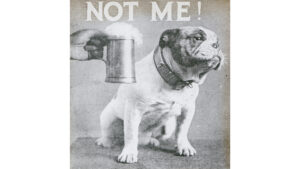
The arts and culture feature prominently too, in the interpretation and performance of history and stories from the past: a steel band in ‘Black History Month: Caribbean Connections from African Slavery in Buckinghamshire’, artists responding ‘Critical Perspectives on the Films of Adam Curtis, and textile artists and screen printers leading interpretation of ‘Landladies, midwives and working-class women in Somers Town’.
Some of these #OurCentury events have received IHR bursaries, while others did not seek funding. All approach history in imaginative and creative ways: addressing urgent challenges, discovering or amplifying marginalised stories, promoting inclusivity, engaging diverse communities, and informing and inspiring the next generation of historians.
They all reflect the IHR Centenary mission of thinking back and looking forward, focused around our Centenary aims, to:
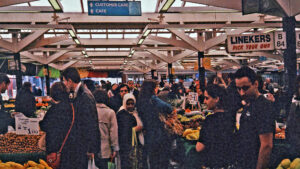
- Celebrate the discipline and practice of history, in all its forms and wherever it is found, and its contribution to public life in the UK and beyond;
- Reflect on the past century and practices of history over the past hundred years, and open a conversation about the future of history over the coming century;
- Think critically about untold, marginalised and invisible histories over the past century;
- Promote more inclusive, diverse and engaged histories and historical practice;
- Involve diverse participants and communities in making history and making history’s future.
You can find full details of the #OurCentury events on this dedicated page, with more information to be added as plans develop over the coming months. We look forward to working with local organisers to promote and celebrate their activities. The programme is varied and lively, and, together with our Centenary partnership events, covers the whole of the UK and its nations. Many events include online components so they can be accessed wherever you are in the UK.
Thank you to all those who submitted proposals for the #OurCentury events, and huge thanks and congratulations to everyone who will be leading an activity in this exciting programme.
Professor Catherine Clarke

